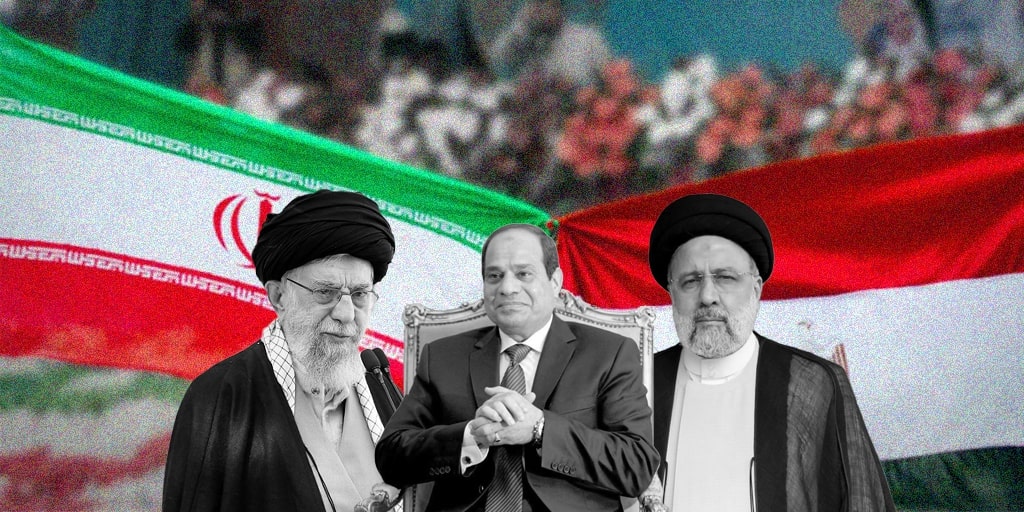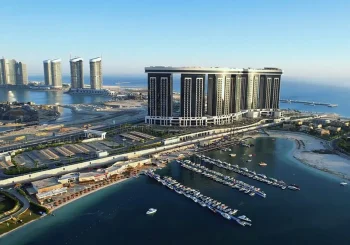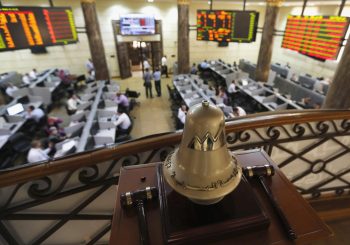The political dynamics in the Middle East are undergoing a rapid transformation, with notable bilateral reconciliation and normalization processes claiming the spotlight in foreign affairs news in recent years – from Bahrain and the United Arab Emirates (UAE) establishing diplomatic ties with Israel to Syria being readmitted to the Arab League.
The latest potential diplomatic tectonic shift is the prospective rapprochement between Egypt and Iran, a 50-year fluctuating relationship.
This was confirmed by Iran’s Supreme Leader Ayatollah Ali Khamenei, who publicly welcomed his willingness to resume ties with Egypt on 29 May. Egypt previously refuted the idea on 15 May according to a well-informed source who spoke to Al Ahram, maintaining its severed stance as it is despite Iran’s courting.
But what would it mean to Egypt, Iran, and the Middle East if diplomatic ties are restored? The short explainer below helps shed light on what could unfold.
A COMPLICATED HISTORY
The historical relationship between the two states has been turbulent since the mid-twentieth century. While diplomatic ties were maintained, ideological differences often strained the two states’ relations.
Tensions escalated when Egypt’s President Gamal Abdel Nasser viewed Iran’s alignment with the US and recognition of Israel in 1950 as a betrayal.
In the 1970s, under President Anwar Sadat, Egypt’s shift towards a more Western-oriented foreign policy brought it closer to Tehran’s monarchy. It served only as a brief moment of friendship, however, as the establishment of the Islamic Republic in 1979 strained relations again. Ties were formally severed following Egypt’s endorsement of Iraq in the Iraq-Iran War in 1980.
Despite previous Iranian leaders’ aims for a formal reconciliation with Egypt, previous attempts were unsuccessful. Partial relations were maintained by President Hosni Mubarak, but advances by former Iranian President Mohammad Khatami for a full diplomatic resumption were rejected.
It was only after the 2011 Revolution, which ousted Mubarak, that Iran saw an opportunity to mend fences and develop trade relations with Egypt – doing so with Muslim Brotherhood President Mohamed Morsi. While full diplomatic ties were not restored, each state’s leader visited the other for the first time in over 30 years.
Despite their support for the Muslim Brotherhood, and Morsi’s removal after the 2013 Revolution, Iran continued to publicly express interest in restoring diplomatic ties. Egypt, on the other hand, returned to its previous stance of estrangement under President Abdel Fattah Al-Sisi.
WHAT WAS PREVENTING THE DIPLOMATIC DETENTE?
Over the past decades, Iran sought to amend any discord between itself and Egypt, but to no avail. Egypt has generally maintained its diplomatic position since 1980. So, why is that?
Egypt’s steadfast stance can be attributed to several variables beyond a bitter history, with some variables more prominent than others. Egypt’s two closest Gulf allies, Saudi Arabia and the UAE, also experienced strains and tensions with Iran over the past decades. Saudi Arabia, in particular, also severed ties with Iran in 2016.
Iran is aware that any potential reconciliation with Egypt will not be possible without improving ties with Egypt’s allies first. This was asserted by Al-Sisi during a speech on 6 November, declaring that “Egypt considers the security and safety of the Gulf region as a red line that will not be crossed.”
Egypt’s continued relations with Israel are considered a long-standing issue for Iran, a constant source of tension for the Zionist state since the country’s Islamic Revolution of 1979. Iran’s endorsement of Islamic militias in Gaza is a cause for concern to the Egyptian government, which often acts as a central mediator to maintain stability in the strip to prevent extremism.
WHERE DO THINGS STAND TODAY?
It has become evident, through the affirmations of its leaders, that Iran bids to enter a restorative era of regional relations with several states – adding to their extensive relations with Iraq, Syria, Lebanon, Oman, Algeria, Qatar, and Tunisia.
On a larger scale, Iran’s actions are indicating a diplomatic shift not just in the region but in the global political arena.
Saudi Arabia’s agreed reconciliation with Iran on 11 March opens the possibility for further de-escalation across the region – with both sides previously embroiled in a proxy conflict in Yemen, Syria, and Iraq. The reconciliation attempts, mediated by China, also indicate Beijing’s efforts of establishing closer ties with the Middle East.
Unlike Saudi Arabia, Iran does not plan to explore any potential reconciliation with Israel – a cause for concern for the Zionist state and its Western allies.
Iran is now directing its efforts towards Egypt, intending to resume full diplomatic ties. Following Khamenei’s public endorsement of a detente, Iran’s President Ebrahim Raisi ordered the country’s foreign minister to swiftly pursue the matter “with seriousness.”
Egypt is yet to publicly respond to Iran’s statements, despite Oman’s efforts as a mediator between the two states. It remains unclear whether this is another instance of Egypt refusing Iran’s advances or the beginning of a diplomatic overture.






Comments (5)
[…] تشهد الديناميكيات السياسية في الشرق الأوسط تحولًا سريعًا ، مع عمليات المصالحة والتطبيع الثنائية البارزة التي تسلط الضوء في أخبار الشؤون الخارجية في السنوات الأخيرة – من البحرين والإمارات العربية المتحدة لإقامة علاقات دبلوماسية مع إسرائيل إلى سوريا يتم إعادة قبولها. لجامعة الدول العربية …اقرأ المزيد […]
[…] post Diplomatic Detente No More? Explaining Iran’s Attempts to Restore Ties with Egypt first appeared on Egyptian […]